The city of Athens has been consistently making progress through interdisciplinary technologies. Whether it’s inside Ramsey Student Center, the Athens-Clarke County Library or UGA research labs, these developments are reaching all areas of the community.
They are changing the way we compete, create and learn.
Why It’s Newsworthy: Innovations are constantly creating new opportunities for growth and modernizing different sectors of life. It is important to learn about and apply these tools because they ease processes and increase productivity.Technology in Sports
When most people think of sports that rely heavily on film review, swimming isn’t the first one to come to mind. However, for the University of Georgia’s women’s swim team, video analysis has recently become an integral part of their training.
For the past two seasons, the team has increased both their above and underwater film capabilities for athletes to use, thanks to the addition of video coach Brett Anderson.
“In the past, you might have this conversation with an athlete, but they can’t draw the kinesthetic connection because they don’t know what you’re talking about. They can’t see it,” Anderson said. “Whereas now, we’ve got iPads and we can hand them directly to you and say, ‘Okay, look.’ Now the connection is made.”
After each practice, Anderson uploads the videos to individual files for each swimmer. They can then watch them in their spare time or work with a coach to get feedback. Having a close-up video allows them to compare their swimming to both Olympians and their past performances to identify areas of improvement.
The women’s team has already seen many personal best performances this season. With the addition of this new technology, they hope for more technical and time improvements.
In comparison, the University of Georgia’s women’s volleyball team uses Volley Station, a volleyball statistics program, to record, analyze and share footage of their practices and games. The program was created in 2018, and the team has been using it for three years now.
Rishi Krishnan, one of the team’s student managers, is a junior at UGA studying data science. Krishnan has been working with the team since the beginning of 2024 and has extensive experience with Volley Station and Data Volley, a similar program he used at Louisiana State University.
“You're able to build out complex worksheets and stats and maps and pictures and anything that any of the coaches or players want to see,” Krishnan said.
The data, which is coded while the ball is in play, is used to make roster decisions, create heatmaps of the ball's movement and plan practices. Additionally, the program also allows users to share, comment and tag others in.
Despite their current record of 10-13, David Dantes, the team's director of operations, is confident in the team’s future.
“I know this year is not the best year for us, but overall, in general, I don't think we'd be anywhere close without the numbers that we produce,” Dantes said.
Technology in Design
3D printing and robotics are becoming increasingly accessible through the UGA robotics club and the ACC Library System. Both allow community members to physically construct their creative ideas.
From a young age, Wylam Desimone loved taking things apart and seeing what they were made of. Whether it was building Legos, looking at musical charts, or discovering wires and circuits, Desimone was an engineer from the start.
As a second-year electrical engineering major and computer science minor, he is taking his passions into the University of Georgia Robotics Club. Desimone’s current project is his robotic band, including a “RoboDrummer” and a robotic guitarist.
“It’s called robotic musicianship, that’s my whole niche, I love that stuff. So having a full band would be a cool goal by the time I’m done here,” Desimone said.
He also spoke about the difficulties the robotics club faces with projects like RoboDrummer. A lack of funding, time and resources make projects more difficult.
Even with the challenges ahead, Desimone is hopeful that RoboDrummer will be finished by the end of the school year. His team continues to push boundaries by designing new motors and parts for their band.
Outside of UGA, other community members can materialize their ideas the Athens-Clarke County Library.
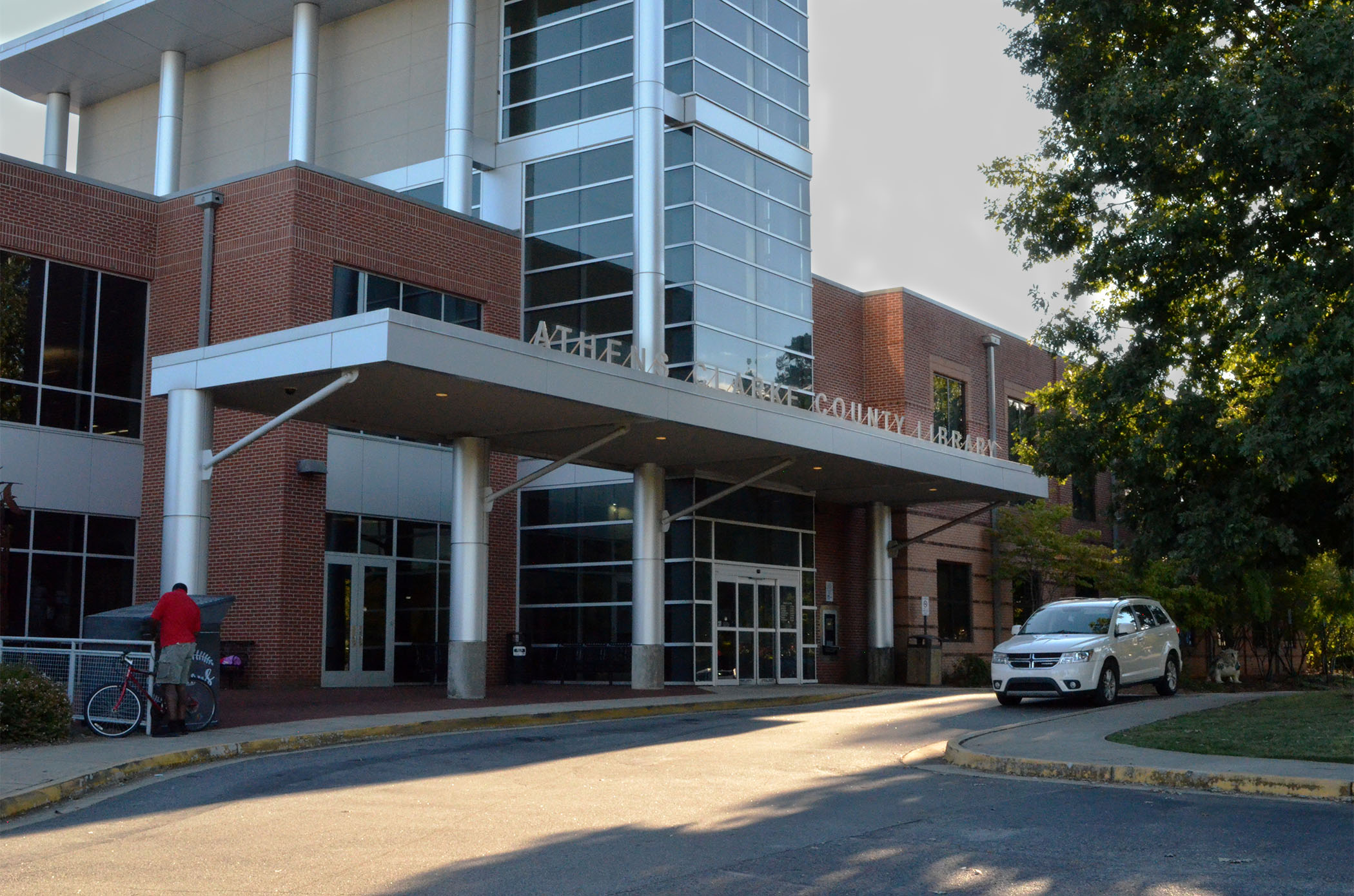
At the library, the Digital Media Center’s manager, Sean Hribal, teaches a 3D printing course for beginners. Hribal has been the manager of the center for two years and has been teaching 3D printing courses for one year.
In Hribal’s 3D printing classes, he gives a PowerPoint presentation followed by a demonstration of the 3D printing process using the DMC’s publicly available equipment. Hribal teaches attendees how to use Cura Lulzbot Edition, a computer program that is used to communicate between the user and the printer. From there, the user can adjust a variety of settings including layer thickness, infill density and printing temperature.
Classes at the ACC Library are free and open to Athens residents as well as non-Athens residents. Workshops are geared either toward youth or adults. Anyone can register for a class on the ACC Library website.
“A lot of people aren't aware. I try to get the word out as much as I can,” Hribal said. “I just, you know, wish more people would know about it.”
In addition to 3D printing, the Digital Media Center provides access to Adobe Creative Cloud, virtual reality headsets, drawing tablets, a vinyl-to-MP3 converter, audio recording equipment and more.
Technology in Research
Science and technology are often intertwined. UGA's Department of Animal and Dairy Science further reinforces this link through their equine research.
Halfway through the semester, Kylee Duberstein teaches her equine nutrition students about one of the biggest problems in her industry and the focus of much of her research: equine metabolic syndrome. Characterized by insulin dysregulation, obesity and laminitis, a painful tissue condition, EMS is often a result of genetics, a sugary diet and a lack of exercise.
Duberstein, a professor and equine nutritionist in the Department of Animal and Dairy Science at the University of Georgia, researches different types of diets and exercise management practices for horses. Through her research, Duberstein hopes she can have answers as to what she can recommend for horse owners from a nutritionist standpoint.
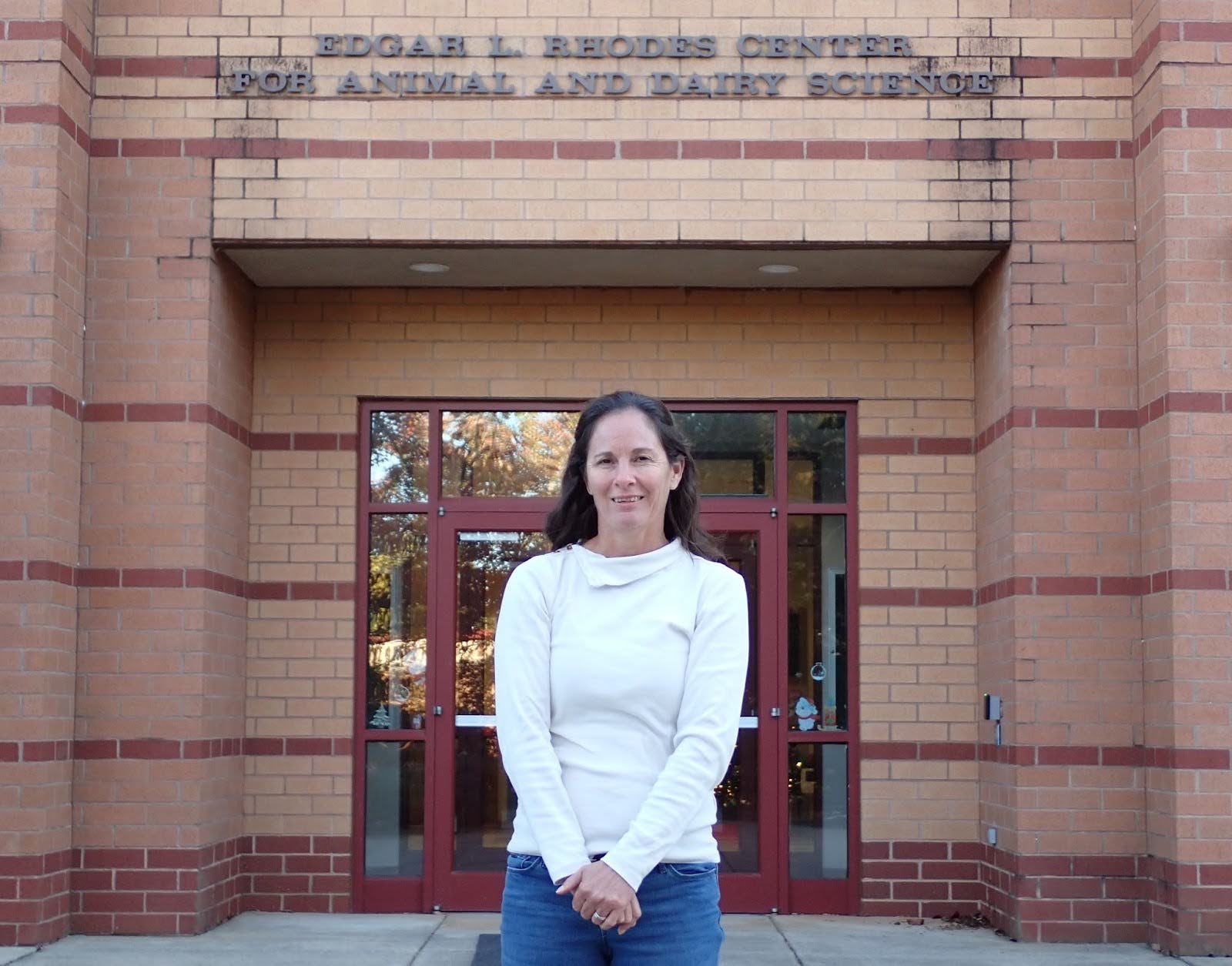
“I work primarily with horse owners, but also with veterinarians who might have questions about diets or forages,” Duberstein said. “You can get your hay or your pasture samples tested, and they get a report back, and a lot of times those get sent to me to interpret.”
One of her research projects involved counting the number of chews that a horse takes when eating different types of food. She used a halter with a pressure sensor in the nose band, which has a software to track the movements of the sensor into a number of chews.
Her study compared Bermuda grass hay, a common hay in Georgia, to three other types of hay. Bermuda grass is recommended for horses with equine metabolic syndrome because of its lower sugar content, but Duberstein says it’s potentially associated with impaction colic, a blockage in the gastrointestinal tract.
“It’s very fine-stemmed compared to other types of hay, so they potentially don’t chew it as well,” Duberstein said. “And we say that, but then we’ve never, no one’s ever tested to see if they don’t chew it as much.”
Recommendations for equine metabolic syndrome can also apply to people, Duberstein says. EMS is similar to Type 2 diabetes in humans, which is caused by insulin resistance.
“It’s amazing how much in equine nutrition that trends and fads and problems mirror what we see in human nutrition,” Duberstein said.
Abby McCulloh, Leighton Dancy, Jackson Wolff and Ellis Goud are journalism majors at the University of Georgia.


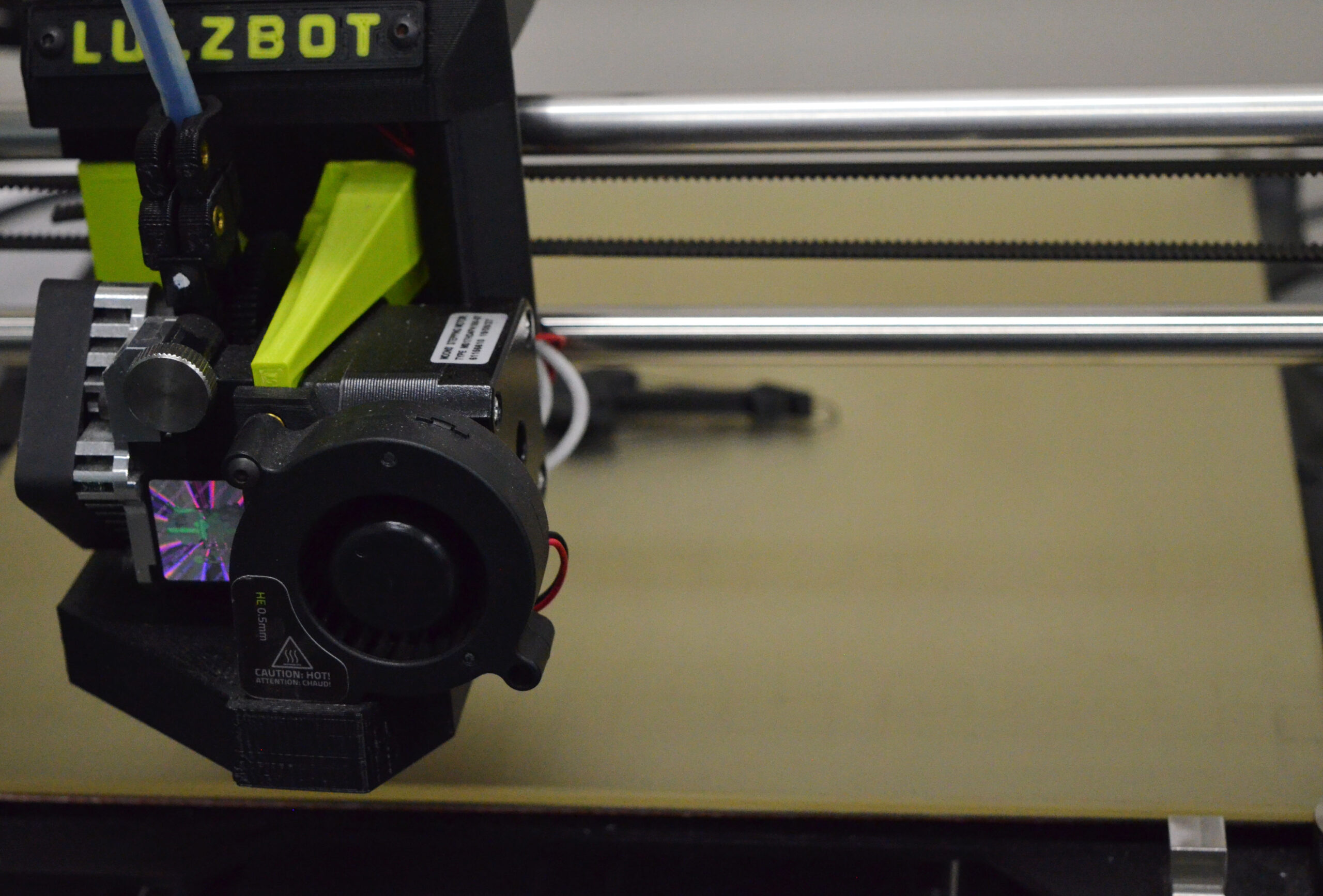
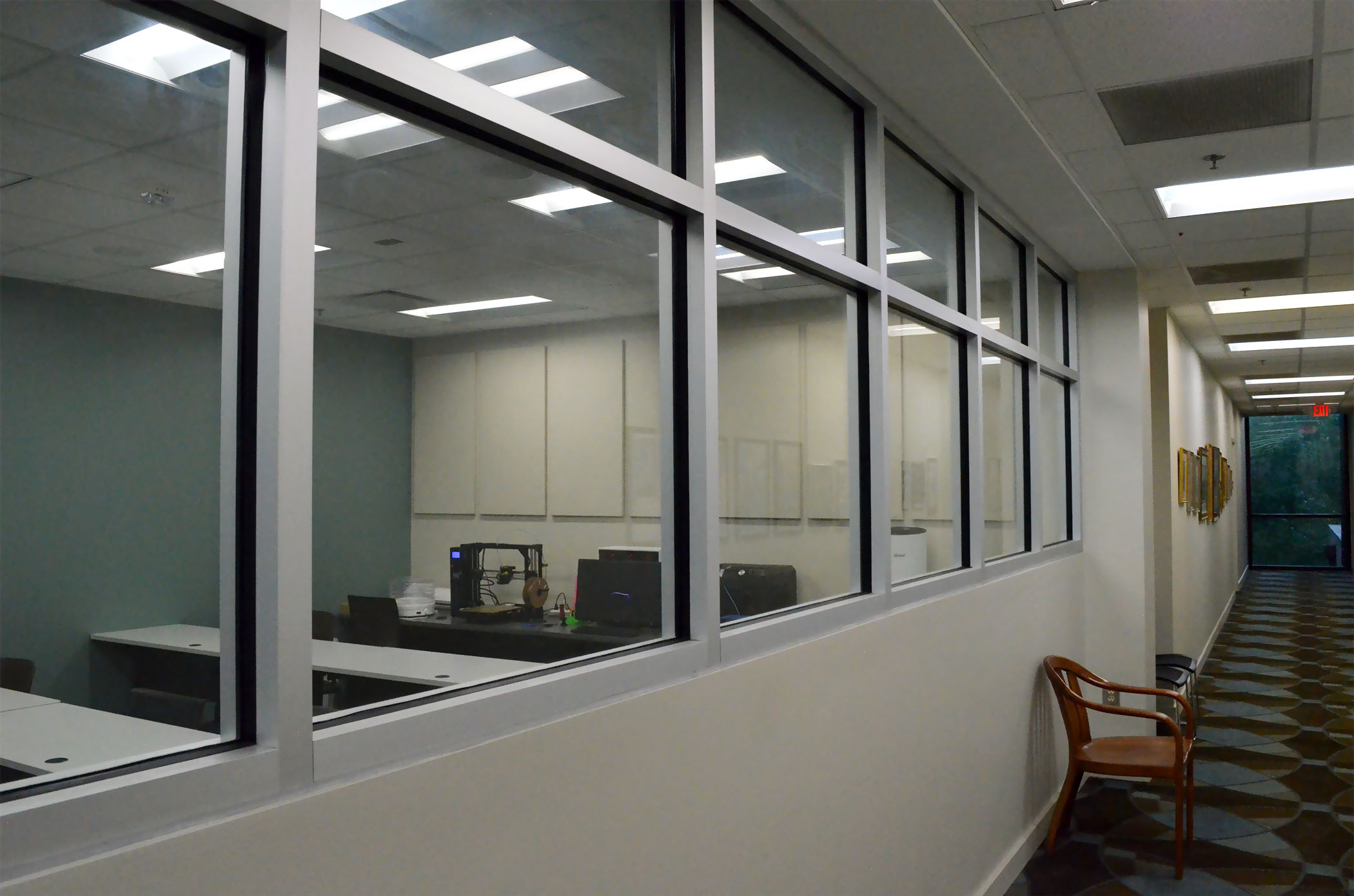
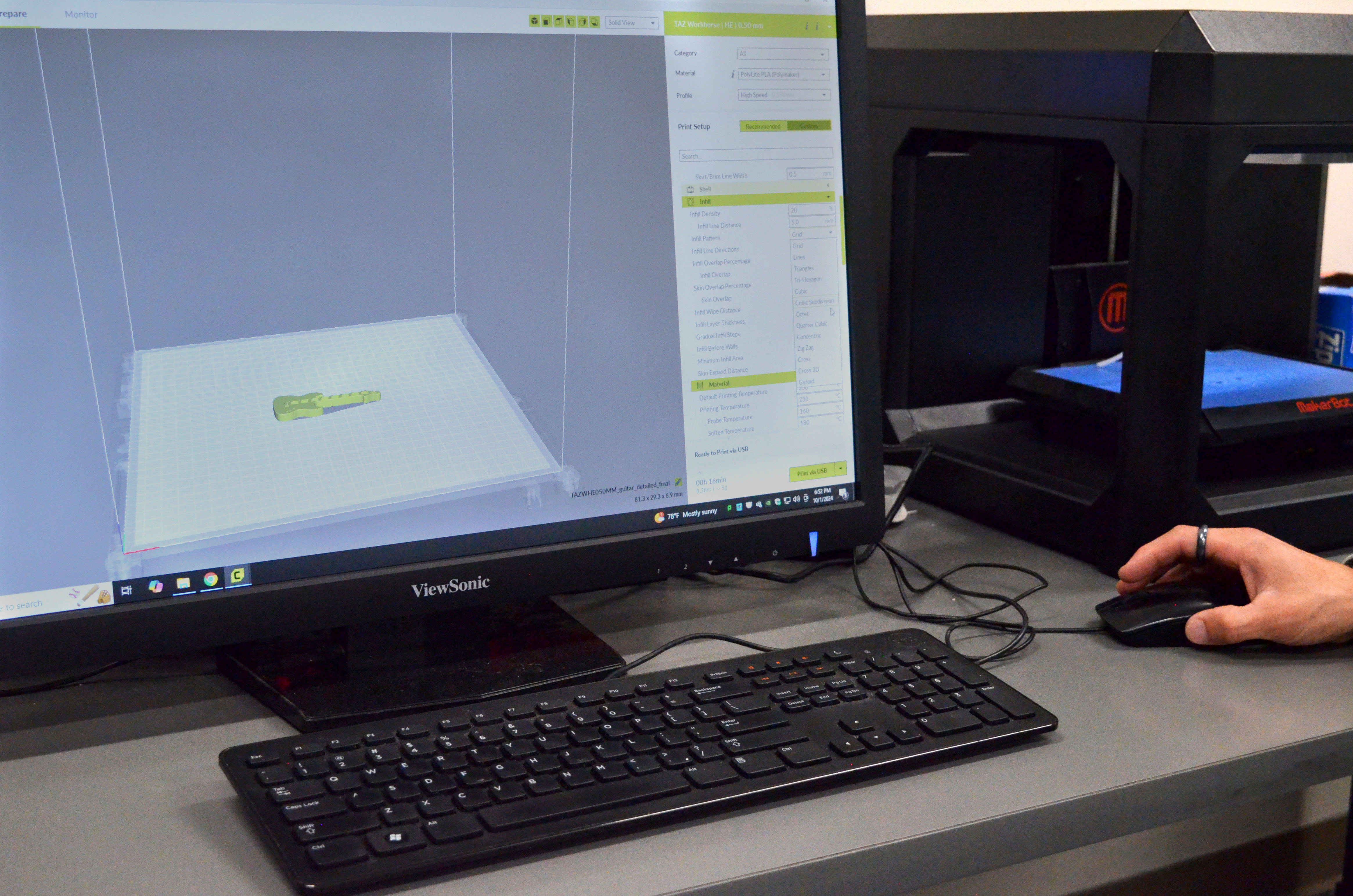
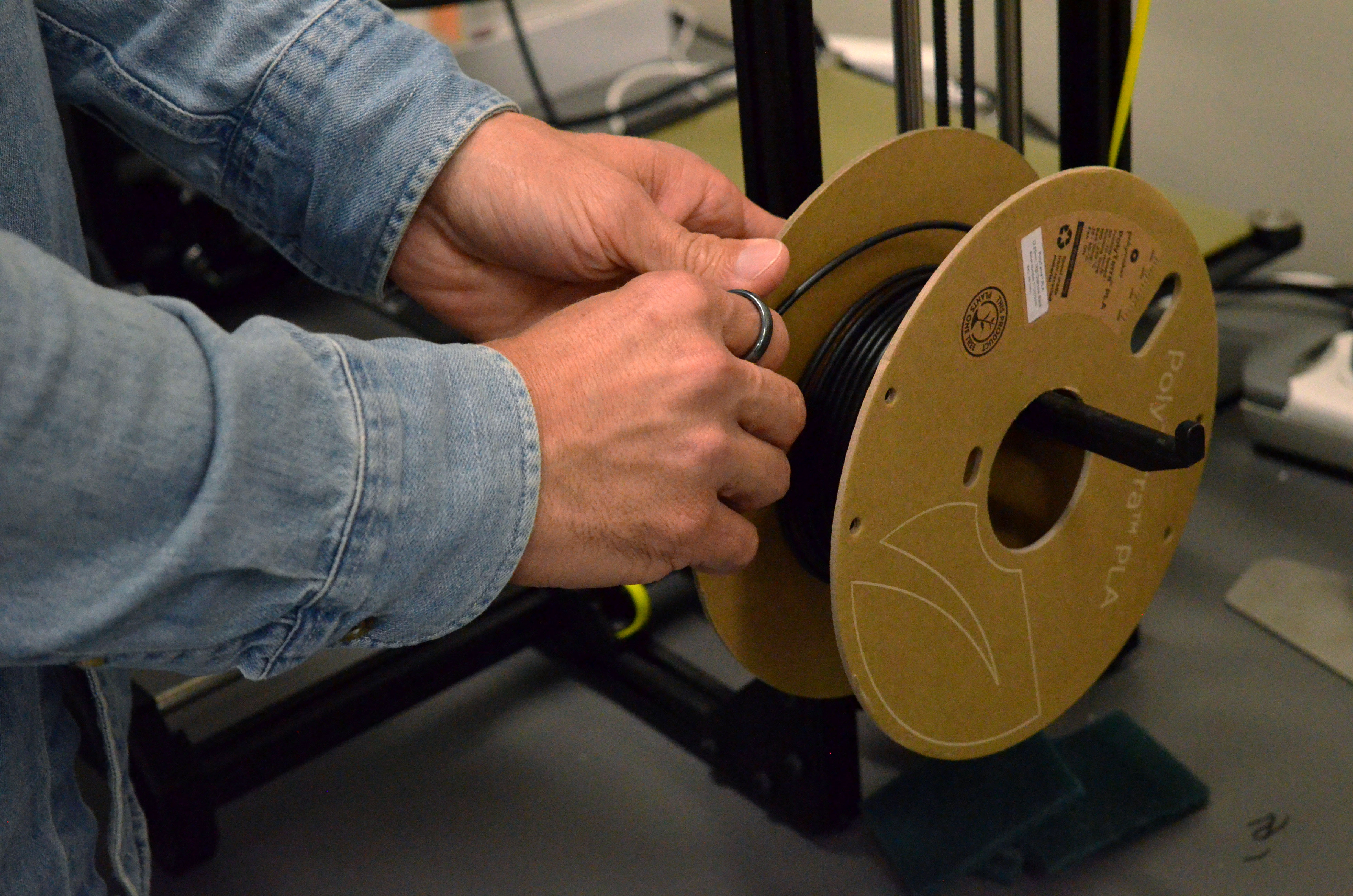
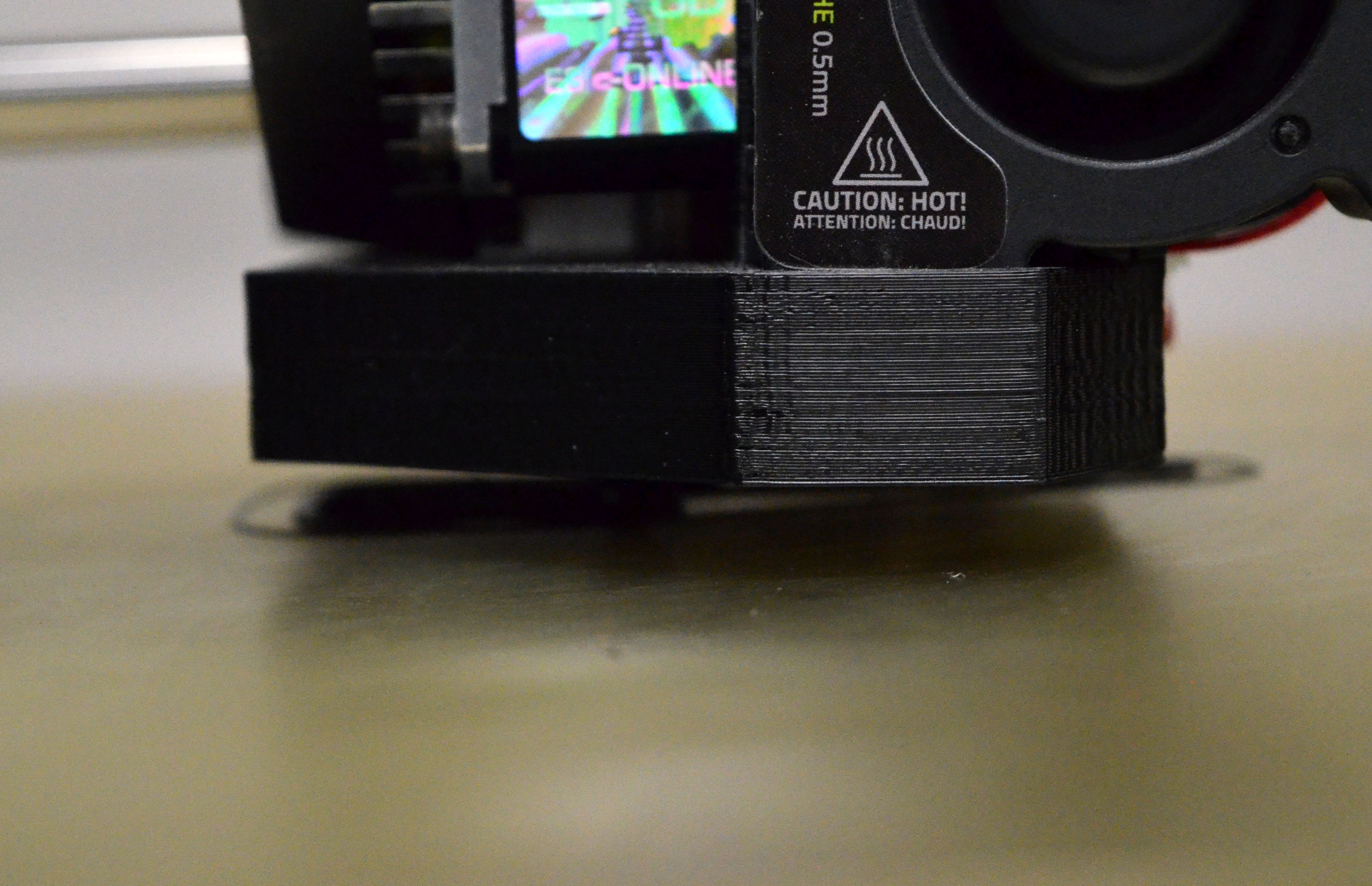
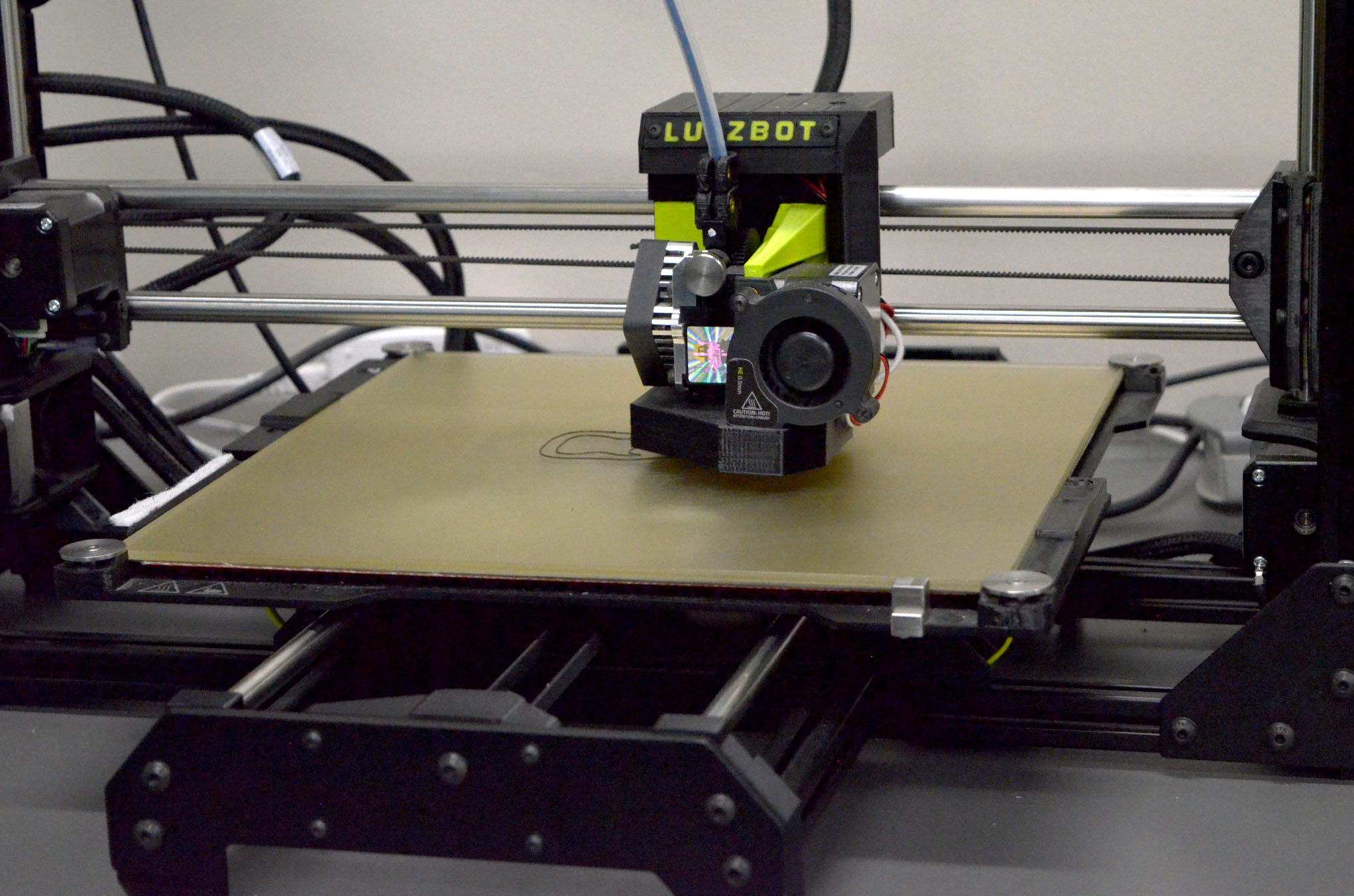
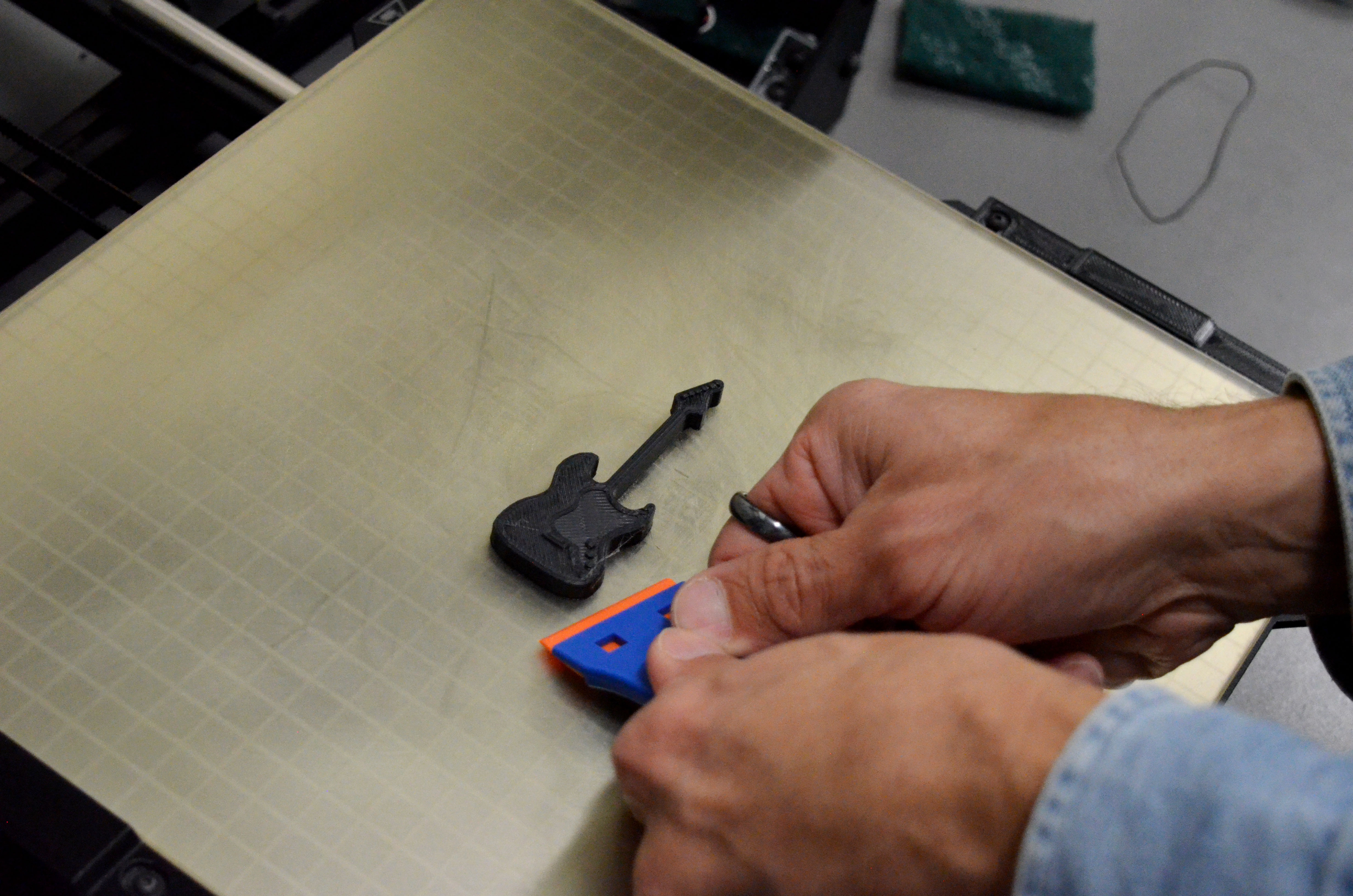
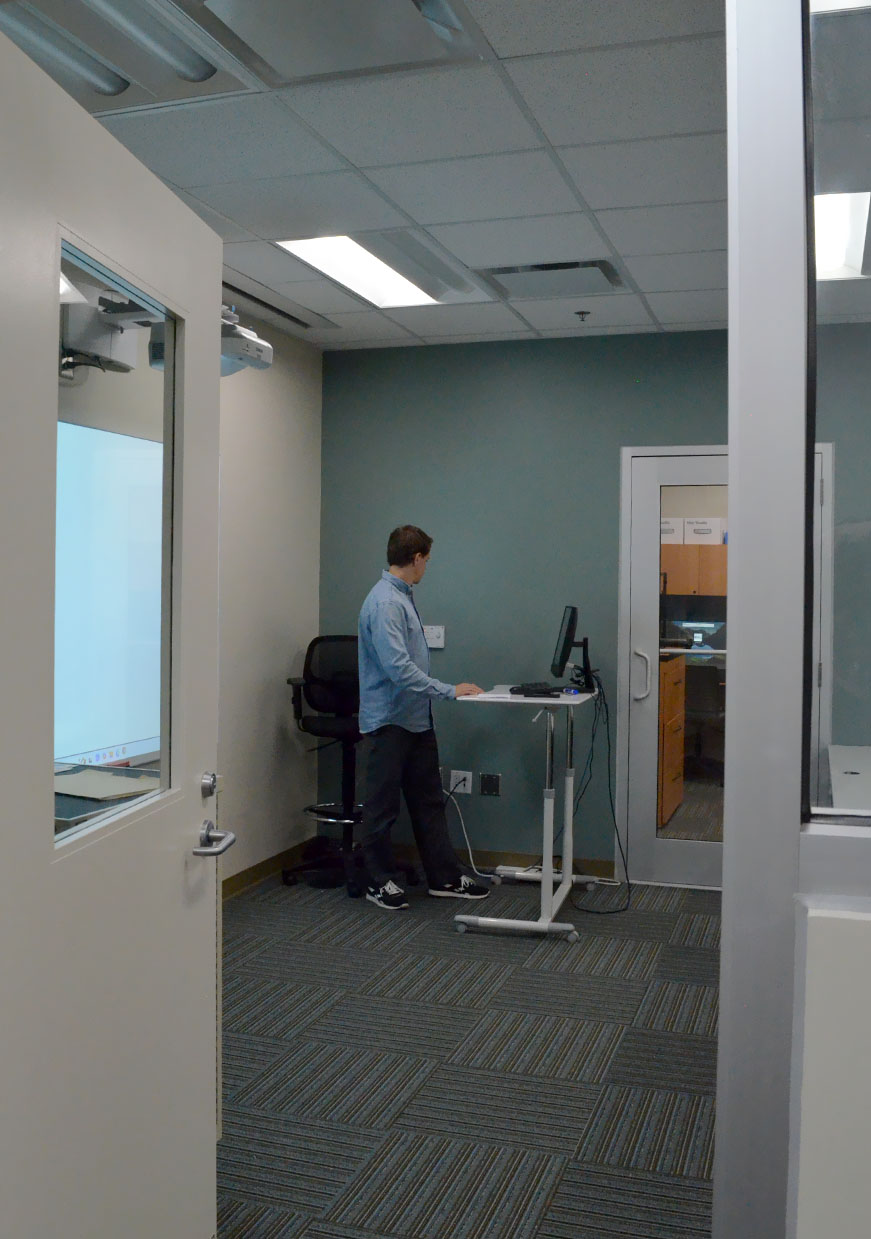


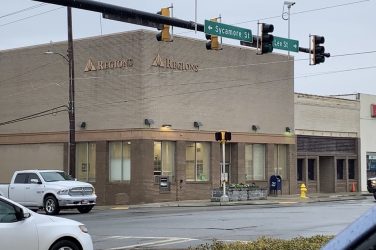
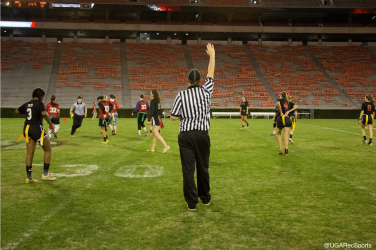
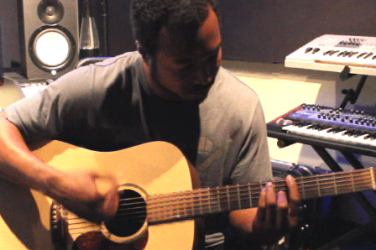

Show Comments (0)